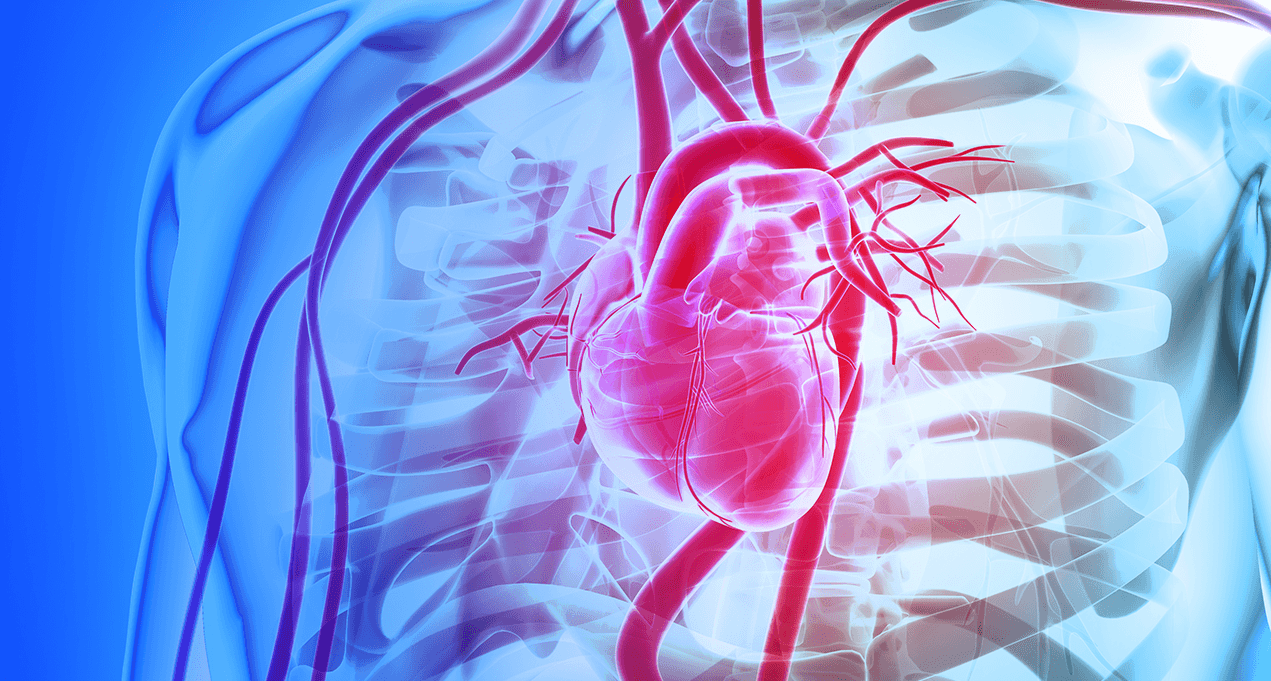Cardiology focuses on the diagnosis and treatment of the cardiovascular system – heart, arteries, and veins. Your Cardiologist may order specialized testing to determine which treatment options are best for you. Those tests can be performed here at Sai Shradha Multispeciality Hospital, close to home, saving you time and money.
